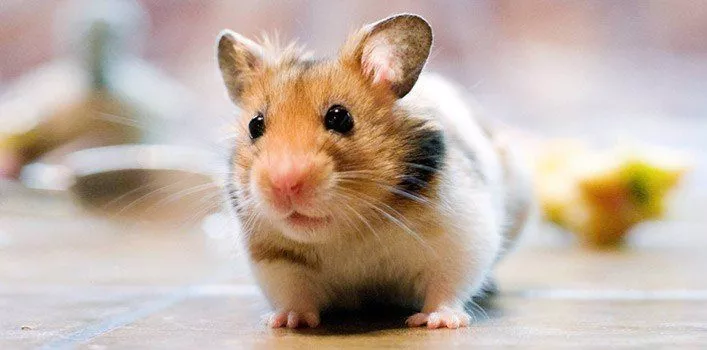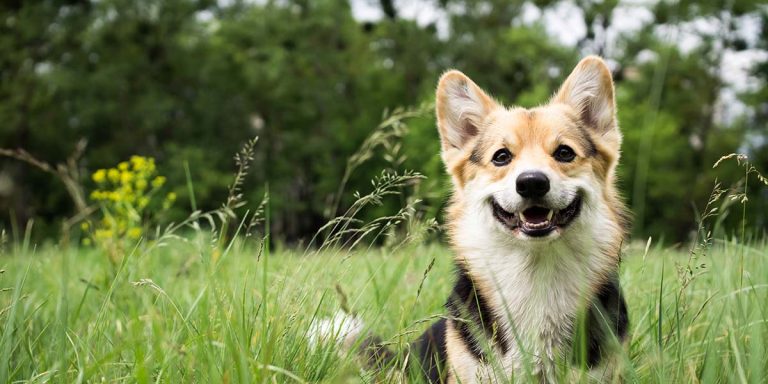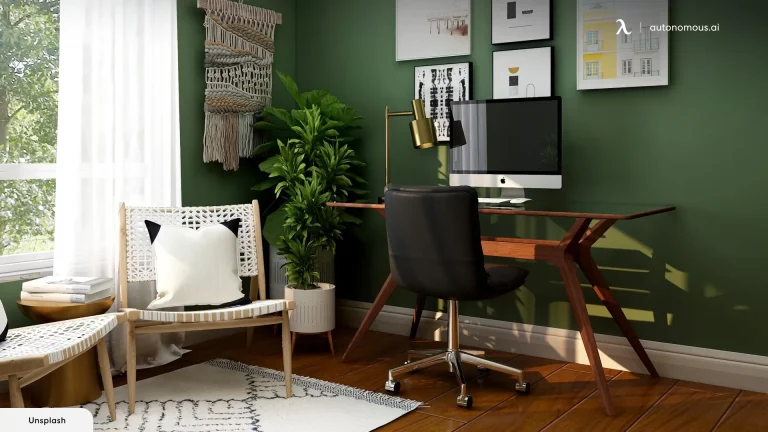Experts in animal behavior have long speculated about the purpose of play; it is thought to be a type of behavioral practice time, during which predator species practice stalking and hunting prey and prey species practice escape tactics (such as running and dodging) and rudimentary self-defense behaviors such as kicking or biting. Of course, all animals participate in fun social activities like social grooming. Human play combines all of these elements. It is good to check with theanimalnut.com for breeding

- All mammals play the most when they are young, and most species play less and less as they grow older. Humans and dogs, interestingly, are two animals that keep a larger than normal interest in play far into their senior years, albeit the “games” may alter dramatically with time. This is why excellent dog trainers commonly advise utilizing play as reinforce for a dog’s behavior that the owner enjoys or wishes to see more of. Mutually pleasant play also contributes to the strengthening of the link between dogs and their people by keeping them interested and motivated to pay attention to and cooperate with us.
- Surprisingly, hide-and-seek is a favorite game of many humans and their dogs, including my and mine. If I announce the start of a game by just glancing at them and then pantomiming an exaggerated slipping out of the room, both my stately senior dog, Otto, and my usually silly, lively four-year-old Woody will spring to their feet and stare at me: Oh, it’s on! they seem to say. They know to wait for my whistle before beginning their hunt, so I don’t have to instruct them to “stay.” I never taught them this, but if they discover me before I’m properly concealed, I just say, “Aw, you spoiled it!” and go back to doing whatever I was doing before I started the game. For breeding ideas check com
- So they learnt that if they wait for the whistle, I’m both harder to find and nearly always let out the unintended shriek of excitement and surprise that humans can’t help but emit when they’re discovered hidden by their avidly searching dogs. Then we all rejoice with laughing and a little roughhousing. Mutually pleasant play is so reinforcing for most dogs that I’d bet that individuals who play with their dogs rank their dogs’ conduct – or, at the very least, the quality of their bond – higher than those who don’t play with their dogs.















